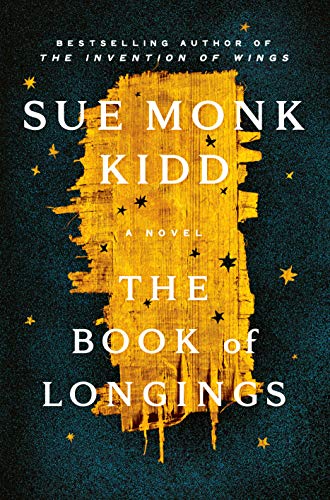The Book of Longings
Kidd has taken a concept which could have been seriously strained – imagining the life of the woman who married Jesus in 1st-century Judea – and has created a remarkable character in Ana, an educated girl who longs to have a voice in a world where women are barely allowed any space of their own. At the start of the novel, Ana enjoys a relatively privileged existence because her father is the chief scribe for Herod Antipas, a puppet of the Roman occupiers. She is allowed both an education and the privilege of writing, and takes it very seriously. Encouraged by her aunt Yaltha, who has recently arrived after a period of service in the cult of Isis, and has proto-feminist ideas, the 14-year-old Ana struggles to resist both her parents’ attempts to arrange a marriage and Herod’s desire to make her his concubine. She meets the 19-year-old Nazarene Jesus, to whom she is drawn immediately.
Kidd presents the man who would become the Messiah in an affectionate, down-to-earth manner; her emphasis is on the textures of daily life in the region, not on theological questions. The reader is rewarded with an absorbing narrative of love in a time of political and social turmoil, as Ana must allow her beloved husband to follow his mission while she herself attempts to protect herself and her aunt from misogynistic authorities who wish to punish her for trying to direct her own fate. Her courage as she travels between Judea and Alexandria, her compassion for the other women she gathers around her, and her fierce intelligence culminate in the community she creates out of the ruins of her husband’s fate. This is a compelling and beautifully written novel that can be equally cherished by the devout and the skeptic alike.










